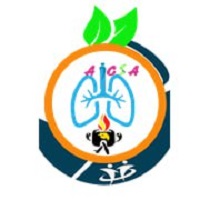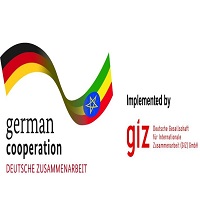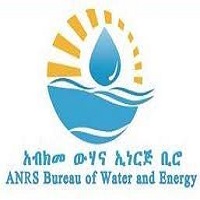Formation and Purpose of the Amhara Region Improved Cook Stove Association
The Amhara Region Improved Cook Stove Association (Aricsa) was established in 2017 as a response to the pressing need for energy-efficient and environmentally friendly cooking solutions within the region. Recognizing the profound impact of traditional cooking practices on both health and ecological sustainability, Aricsa emerged as a sector of a non-profit organization dedicated to fostering positive change. The formation of Aricsa was driven by the collective understanding that, to address the challenges posed by inefficient cooking technologies, it was imperative to create a structured framework that could unite stakeholders, coordinate efforts, and implement viable solutions.
One of the primary goals of Aricsa is to promote the use of improved cook stoves, which are designed to significantly enhance energy efficiency and reduce harmful emissions. By replacing traditional stoves with these advanced alternatives, the association aims to mitigate the adverse effects on indoor air quality and alleviate the health risks associated with smoke inhalation. Furthermore, the organization emphasizes the importance of environmental sustainability, as improved cook stoves require less fuel, subsequently leading to reduced deforestation and lower carbon footprints.
The motivation behind establishing Aricsa lies in the recognition of the critical role that professional associations play in addressing local challenges. By creating a unified platform for advocacy, training, and resource sharing, Aricsa strives not only to improve the daily lives of communities but also to empower individuals through education on sustainable practices. Through workshops and community outreach, the association seeks to enhance awareness about the benefits of transitioning to improved cook stoves, ensuring that the message resonates effectively across various demographics. Ultimately, the overarching purpose of Aricsa is to champion energy efficiency and sustainability, creating a healthier and more environmentally conscious future for the Amhara region.
Legal Framework and Recognition
The Amhara Region Improved Cook Stove Association (Aricsa) operates within a defined legal framework that is crucial for its legitimacy and operational capacity. Established under the auspices of the Amhara National Regional State, Aricsa holds a valid certificate of registration as a recognized non-profit organization. This registration is governed primarily by Proclamation Number 194/2012, which outlines the legal standards and regulations for charities and societies in the region. Such legal recognition is not merely a formality; it serves as a foundational pillar that enables Aricsa to function effectively within the parameters of the law.
Proclamation Number 194/2012 has specific implications for the establishment and operation of non-profit associations in the Amhara region. It provides a detailed regulatory framework that stipulates the requirements for registration, governance, and accountability. By adhering to these regulations, Aricsa can ensure compliance with national and regional mandates, which, in turn, enhances its credibility among stakeholders, including governmental entities, international partners, and local communities. This legal status allows Aricsa to engage in various activities, such as project implementation, capacity building, and advocacy initiatives aimed at mitigating energy-related issues within the region.
Furthermore, Aricsa’s legal recognition facilitates its ability to attract funding from diverse sources, including governmental grants, private sector contributions, and international aid. The confidence that comes with being a registered entity allows Aricsa to foster strategic partnerships with other organizations, which can be pivotal for resource mobilization and project success. As a legally recognized association, Aricsa stands better positioned to address the pressing energy challenges in the Amhara region, ultimately contributing to sustainable development and improved quality of life for local communities.



